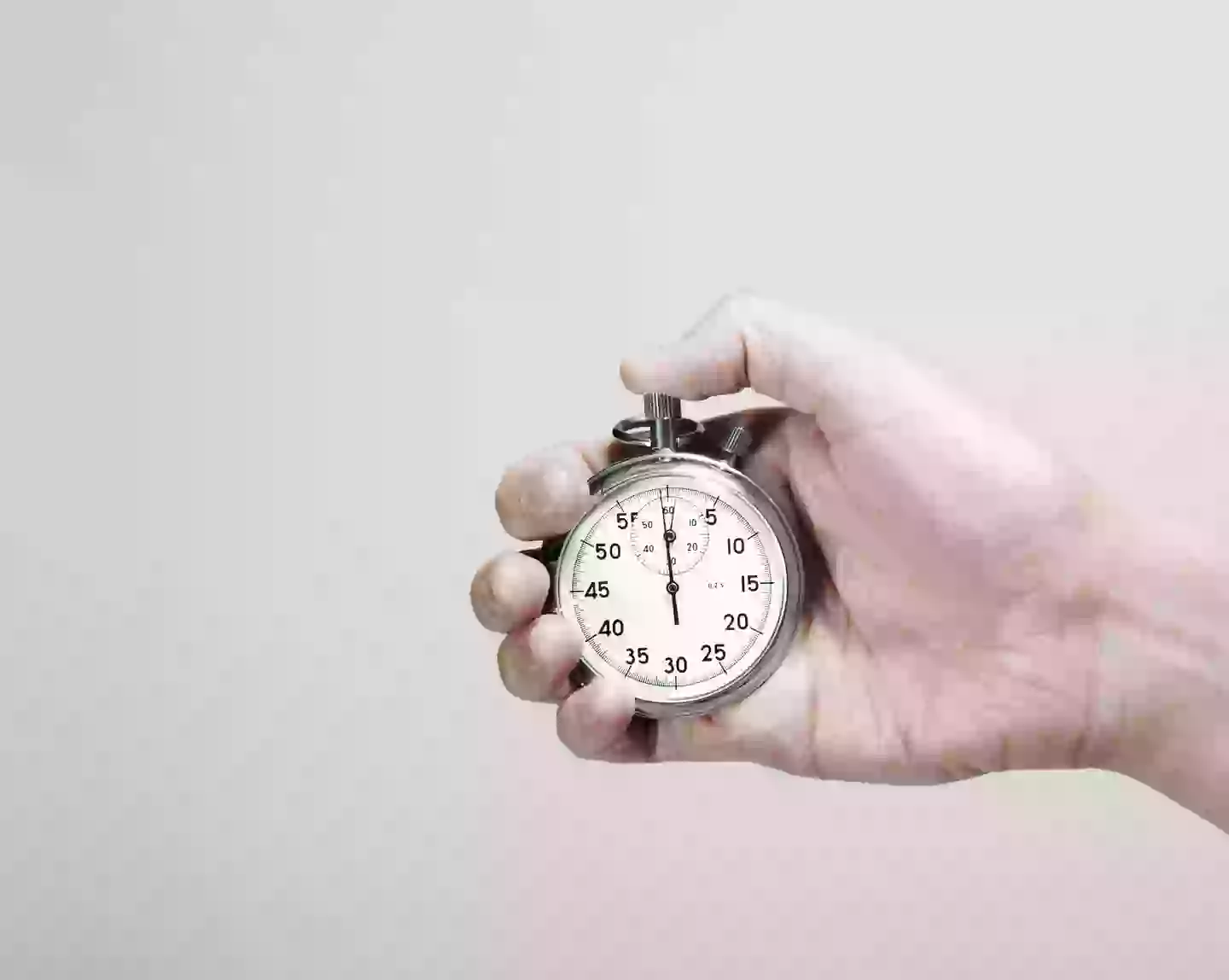New research has uncovered a connection between certain personality traits and men who experience lifelong premature ejaculation.
The Cleveland Clinic defines premature ejaculation as ejaculating sooner during sexual activity than either partner would prefer.
According to them, “It’s a common problem, affecting 30 percent to 40 percent of people with a penis. Causes include physical problems, chemical imbalances, and emotional/psychological factors. Treatments include learning techniques to delay ejaculation, counseling, and medications.”
Research has delved deeper into the psychological factors that might influence individuals dealing with premature ejaculation, specifically focusing on impulse control.

A study, published in The Journal of Sexual Medicine under the title Impulse control and its association with ejaculation time in men with premature ejaculation, sampled 80 heterosexual men aged 18 to 45.
Half of these men were diagnosed with lifelong premature ejaculation, while the other half served as the control group.
Participants needed to be in regular sexual relationships for at least six months, engaging in vaginal intercourse at least weekly.
During sexual activity, participants used stopwatches to time their ejaculation.
These times were analyzed alongside the UPPS Impulsive Behavior Scale, the Barratt Impulsivity Scale-11 (BIS-11) for assessing impulse control, the Beck Depression Inventory (BDI) for depression, and the Beck Anxiety Inventory (BAI).
The severity of premature ejaculation was measured using the Arabic Index of PE (AIPE).

PsyPost reports that men with diagnosed premature ejaculation exhibited ‘significantly higher’ levels of the condition compared to those in the control group.
Additionally, these men scored higher on impulsivity tests.
The UPPS Scale provided more insight, indicating these men had difficulties with planning, a tendency to seek new sensations, and less perseverance.
Participants with premature ejaculation were categorized based on timing: before penetration, 15 seconds post-penetration, 15 to 30 seconds, and 30 to 60 seconds after penetration.
Impulsivity traits were more pronounced in those who ejaculated sooner. The study also found that these men had ‘higher levels of anxiety and depression.’
PsyPost notes anxiety levels were up to five times higher and depression six times higher than the control group.
However, these emotional states did not significantly vary across timing subgroups. It’s uncertain whether these states lead to or result from premature ejaculation.
What does this mean for future research?

Findings suggest impulse control is crucial in lifelong premature ejaculation, prompting considerations for new treatments.
The study emphasizes: “It is important for clinicians to assess impulse control and consider therapeutic interventions for men presenting with premature ejaculation complaints, particularly in those classified as severe.”
However, further research is required to gain a more comprehensive understanding of the issue.
The study concludes: “A clinician’s quantitative assessment of ejaculation time and the severity of PE among men presenting to the clinic with complaints of PE may reveal accompanying comorbid conditions more effectively.”

